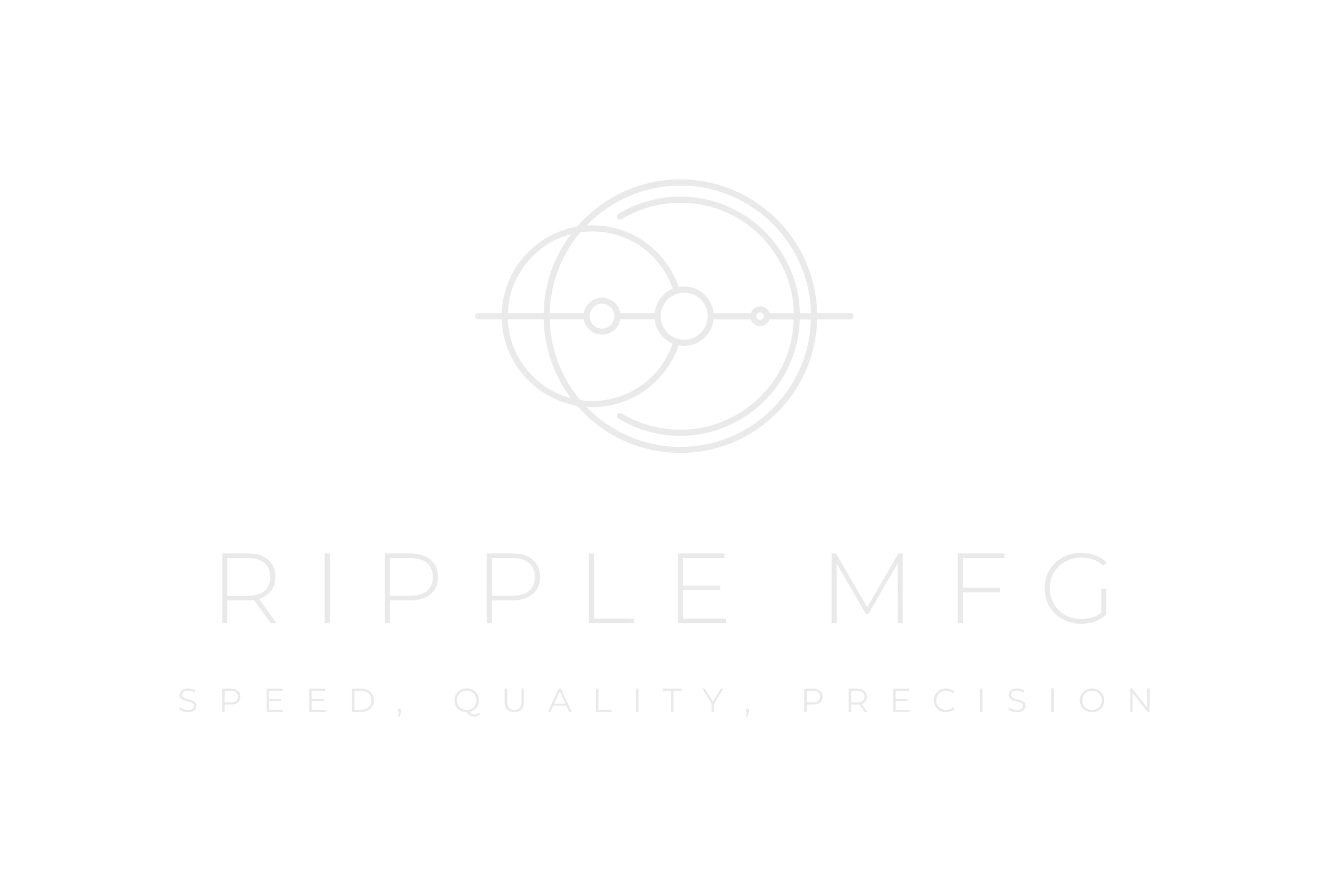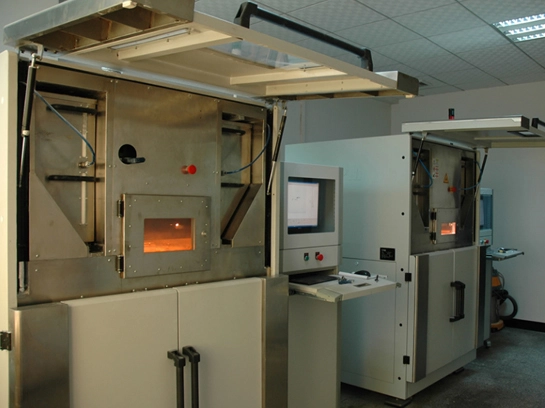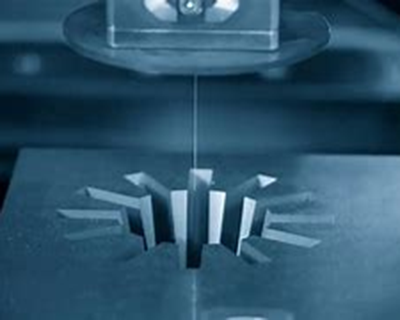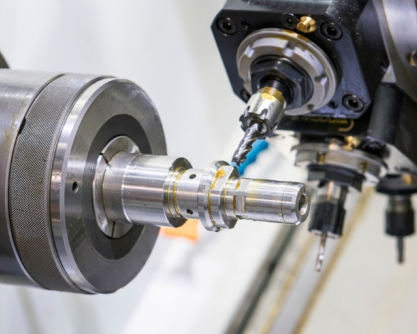In the ever-evolving landscape of industrial manufacturing, the pursuit of efficiency is paramount, and at the core of this quest lies the transformative impact of high precision tools. These sophisticated instruments redefine the standards of accuracy, reliability, and speed, revolutionizing industries and shaping the future of manufacturing.
The Pinnacle of Accuracy: Unleashing High Precision Tools
High precision tools represent the pinnacle of accuracy in industrial settings, where every fraction of a millimeter matters. From machining intricate components to measuring microscopic tolerances, these tools set a new standard for precision in various applications.
In the realm of machining, where the quality of the final product hinges on the precision of every cut, high precision tools come to the forefront. CNC machines equipped with high precision cutting tools navigate intricate patterns with unparalleled accuracy. The result is a level of craftsmanship that not only meets but often exceeds the stringent requirements of modern industries.
Revolutionizing Production Processes
The impact of high precision tools extends beyond precision in cuts and measurements; it permeates the entire production process, redefining efficiency from start to finish.
High precision tools streamline workflows by minimizing errors and reducing the need for rework. In industries where time is of the essence, the ability to produce accurate components without setbacks is a game-changer. This streamlined efficiency is particularly crucial in sectors such as automotive manufacturing, where the assembly line's pace demands precision at every step.
In precision machining and material processing, high precision tools contribute to optimizing material usage. Minimizing waste becomes a reality as tools cut with meticulous accuracy, ensuring that raw materials are utilized to their fullest potential. This not only aligns with sustainable practices but also positively impacts the bottom line of manufacturing operations.
Quality Assurance Elevated
Ensuring the quality of manufactured products is a cornerstone of any industry, and high precision tools play a pivotal role in elevating the standards of quality assurance.
In industries where tight tolerances are non-negotiable, high precision tools provide a solution that goes beyond meeting specifications; they exceed them. From aerospace components to medical devices, the ability to zero in on exact tolerances ensures that the end products meet the highest standards of safety and reliability.
Consistency is key in manufacturing, and high precision tools bring a level of uniformity across production batches. This consistency is not only vital for meeting regulatory requirements but also essential for maintaining a brand's reputation for delivering high-quality products consistently.
Embracing Technological Advancements
As industries embrace the era of Industry 4.0 and smart manufacturing, high precision tools are at the forefront of technological advancements that redefine how we approach production.
High precision tools seamlessly integrate with digital systems, allowing for real-time monitoring, data analytics, and predictive maintenance. This integration transforms traditional manufacturing setups into intelligent, data-driven environments, where insights from high precision tools contribute to continuous improvement and operational excellence.
Automation is a key trend in modern manufacturing, and high precision tools play a pivotal role in automated processes. Robotics equipped with high precision tools perform intricate tasks with speed and accuracy, opening new frontiers in efficiency and scalability.
In conclusion, high precision tools stand as catalysts for efficiency redefined in industries. From revolutionizing machining processes to optimizing workflows, ensuring quality assurance, and embracing technological advancements, these tools leave an indelible mark on the landscape of modern manufacturing. As industries continue to evolve, the impact of high precision tools on efficiency will undoubtedly be a driving force, shaping the way we design, produce, and deliver goods across diverse sectors.
- Sports Equipment Redefined: Urethane Casting Services in Athletic Gear ManufacturingJanuary 5, 2024In the ever-evolving world of sports gear manufacturing, innovation is key to staying ahead of the game. As athletes continually strive to push their limits, manufacturers must find ways to deliver eq...view
- Aerospace Advancements: Breaking Barriers with Precision Prototype MachiningJanuary 5, 2024As we continue to explore the boundless possibilities of space travel and aerospace engineering, one crucial element stands at the forefront of innovation – precision prototype machining. From pushin...view
- Food for Thought: Custom Prototyping in Culinary InnovationNovember 23, 2023Culinary innovation is an ever-evolving field that constantly seeks to push boundaries and tantalize our taste buds with new and exciting flavors. With the rise of the food and beverage industry, chef...view
- Prototype Machining Services: High-Efficiency Product OptimizationDecember 23, 2024What is Prototype Machining?Prototype machining is a manufacturing process used to create samples or prototypes of a product. It typically uses computer-aided design (CAD) software and computer numeri...view
- Innovation Unleashed: the Role of Prototype Machining in Product DevelopmentJanuary 5, 2024In the dynamic realm of product development, where ideas evolve into tangible innovations, the role of prototype machining stands as a cornerstone for success. The journey from concept to market-ready...view
- Harmony in Sound: 4 Axis CNC Machining for Musical Instrument SuppliersNovember 23, 2023When it comes to crafting musical instruments, precision and attention to detail are paramount. Whether it's a finely tuned guitar, a melodically rich piano, or a beautifully crafted violin, every...view




_20250123.webp)